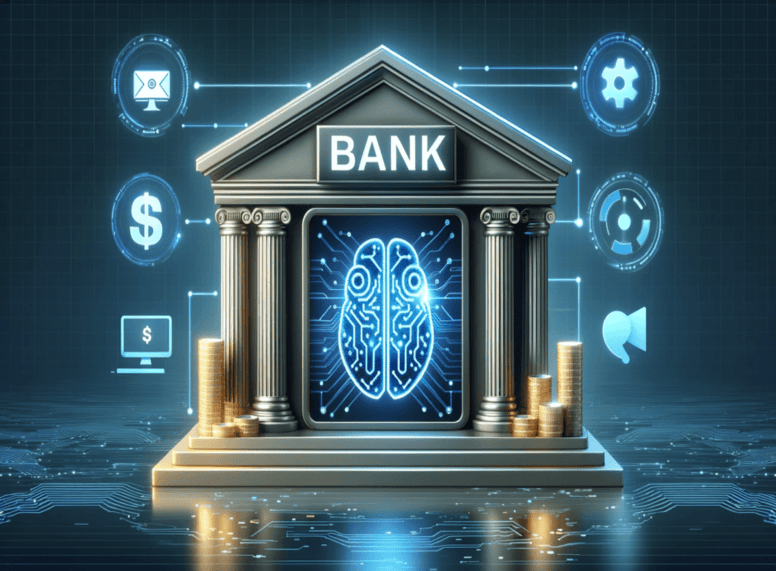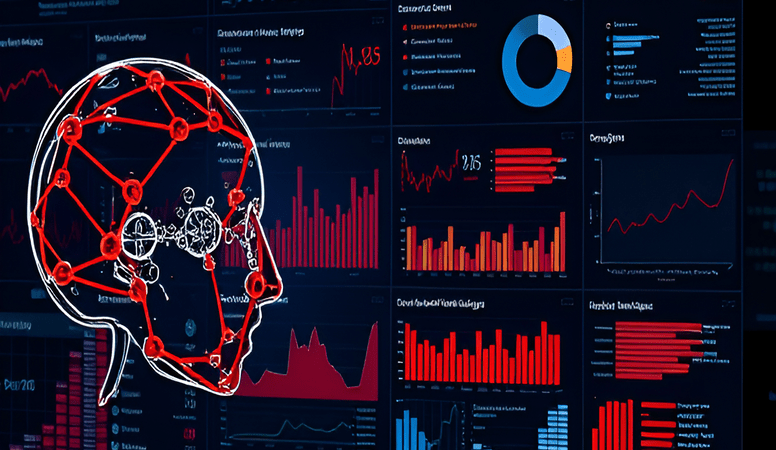Artificial Intelligence (AI) is transforming the finance world in ways that were once unimaginable. Today, AI drives major banking and investment innovations, reshaping how financial institutions operate and serve their customers. From automating tasks to forecasting market trends, AI is revolutionizing both banking and investing. Let’s dive into how AI is impacting finance and what the future holds.
The Rise of AI in Finance
AI has become a crucial part of modern banking and finance. It allows institutions to quickly and accurately process enormous amounts of data. In fact, nearly 80% of banks recognize AI’s potential benefits, with projections suggesting its impact could generate $1 trillion in value for the sector. The push for AI adoption is fueled by the need for greater efficiency, stronger security, and more personalized customer service.
AI for Fraud Detection and Risk Management
AI plays a critical role in fraud detection and risk management. Machine learning algorithms analyze large volumes of transaction data, spotting unusual patterns that may indicate fraudulent activity. As fraudsters develop increasingly sophisticated techniques, AI systems continuously learn and adapt to stay ahead. Banks use these real-time detection systems to prevent millions of dollars in fraudulent transactions each year, making AI an essential part of their security infrastructure.
Automating Financial Processes
Robotic Process Automation (RPA) is another significant AI application, streamlining back-office operations like data entry and document processing. AI also speeds up loan approvals by assessing applicants’ credit histories, employment records, and financial data within minutes. By using AI models to evaluate borrower risk more accurately, banks can make faster and more reliable lending decisions, improving both efficiency and customer experience.
The Future of AI in Finance
Generative AI is expected to further reshape the financial landscape. This technology will allow banks to create new products and services that meet evolving customer needs. For instance, a prototype called “Financial Health Advisor” could provide customers with personalized financial advice without expensive fees, making financial guidance more accessible to everyone.
Conclusion
AI’s integration into banking and finance is not just a passing trend but a major transformation in how financial services are delivered. From bolstering security to enhancing customer interactions and refining investment strategies, AI is poised to redefine the industry. Financial institutions that adopt these innovations will be better equipped to thrive and grow in an increasingly competitive market.








